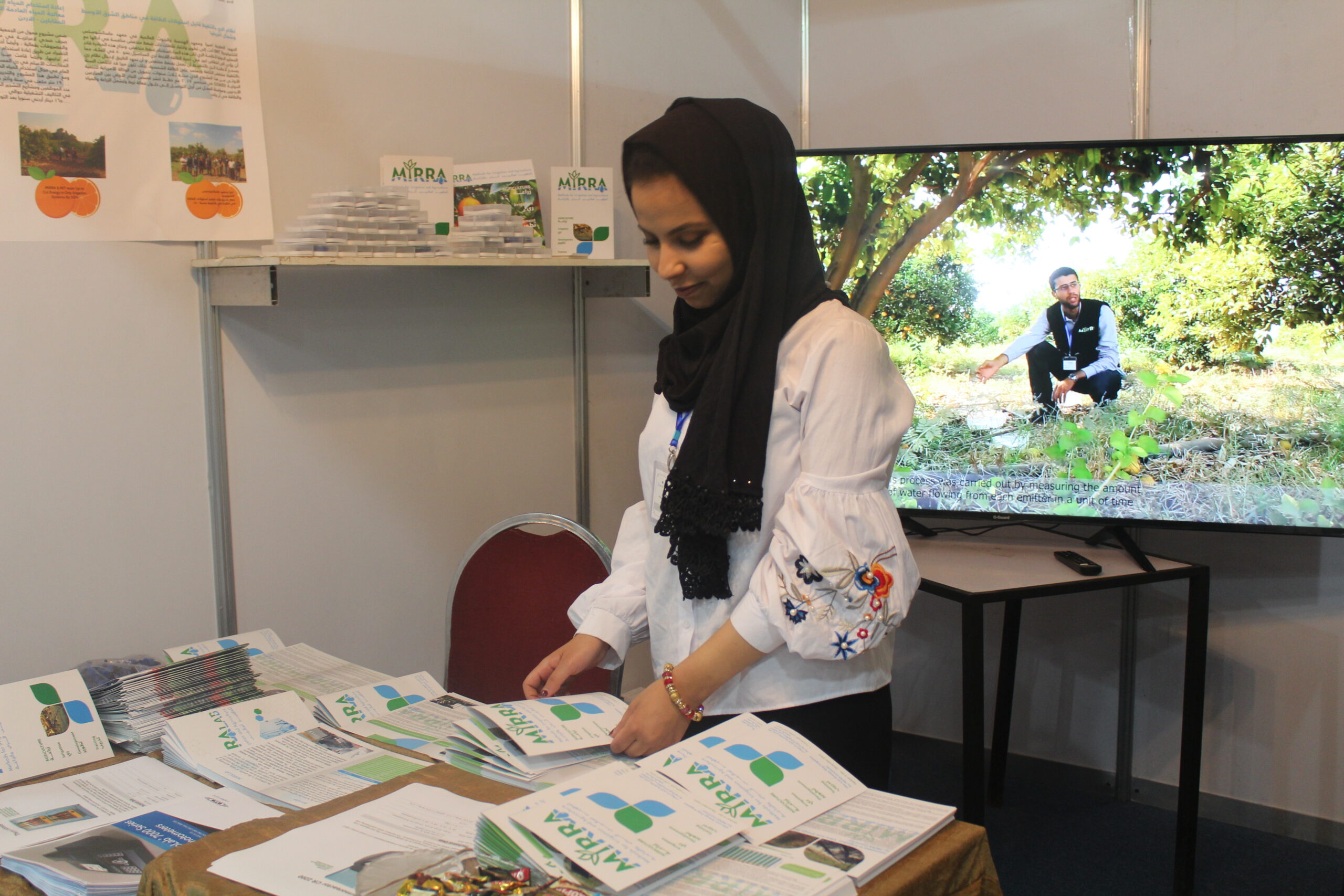Our History
The Regional Mission for Water and Agriculture (MREA) of the French Embassy in Jordan was initiated in 1992 as diplomatic representation in the region (Jordan, Palestinian Territories, and Lebanon). Equipped with its team of experts, MREA set out to build and update the stakeholders’ capacities in addressing the challenges they face in water and agriculture.
MREA worked on improving the efficiency of water use in agriculture. Its core areas of intervention were: irrigation optimisation, treated wastewater reuse in agriculture, improvement of fertigation practices and support to the horticultural production chain. MREA developed a unique approach based on the implementation of projects that were guided by comprehensive socio-economic assessment and technical analysis of the pilot areas, taking into account institutional stakeholders at a higher level.(Click for map of MREA interventions)
MREA outsourced expertise from local and international, professional and scientific partners, enabling it to update its references and skills for optimised practices. Through its activities, MREA developed its own methodology in irrigation and agriculture intervention. The outcomes of the Mission’s activities were continuously documented and it published important references in the domains of irrigation and agriculture. In the last period, MREA was active in supporting institutions to draft fundable feasibility studies based on the outcomes of some of its projects.
Further to French cooperation reforms in 2006, and with the will and support of the French Embassy in Jordan, the idea of establishing MIRRA emerged to carry on the mission of the Regional Mission for Water and Agriculture (MREA). Incubated and guided by MREA, MIRRA was created in September 2007, and backed up with the willingness and enthusiasm of the involved former MREA local staff and MREA’s historical partners and stakeholders of the agricultural sector. Made up of former MREA staff, MIRRA implements development initiatives in the water and agriculture sector, benefiting from MREA’s former regional experiences.
